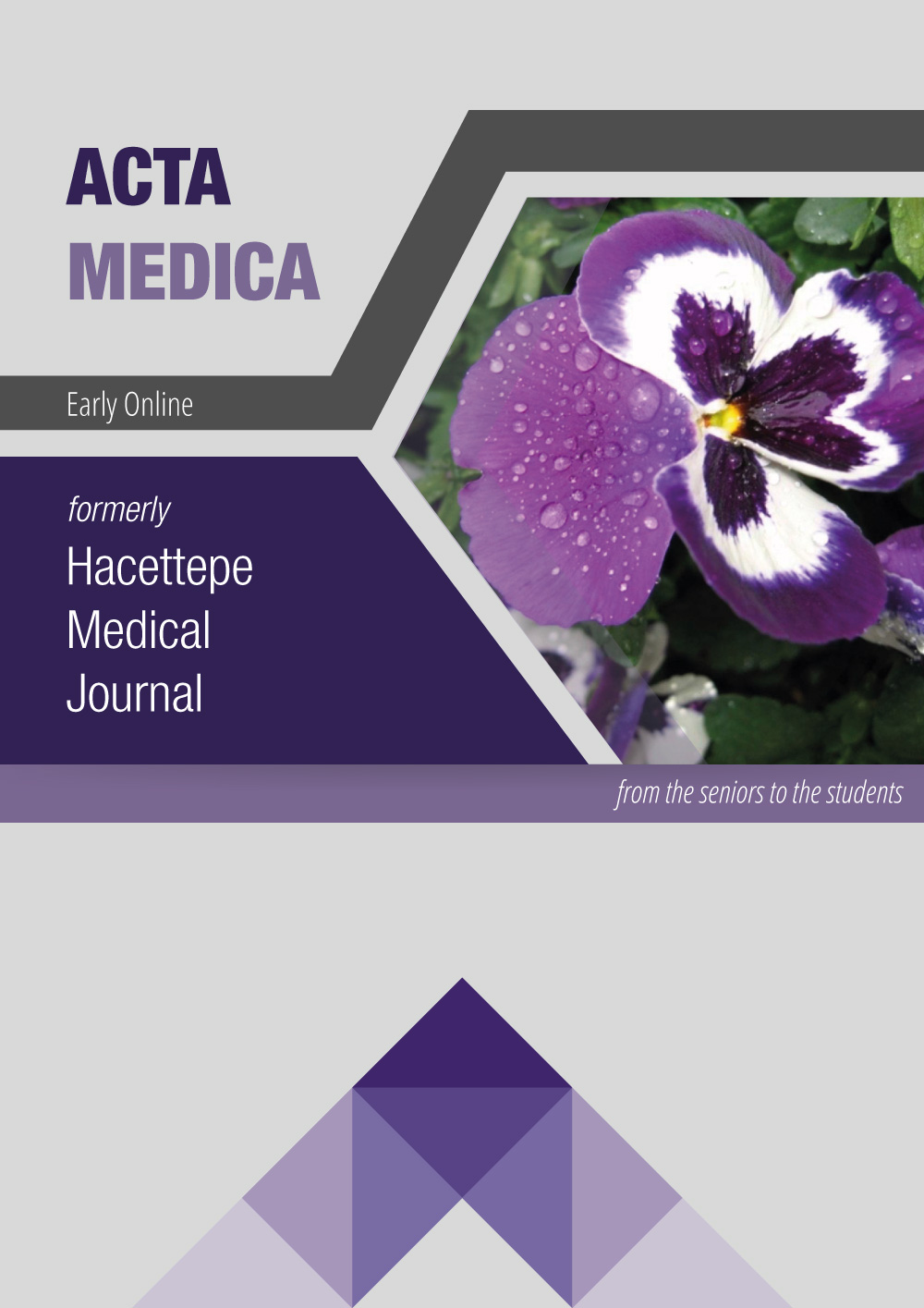Impact of generative artificial intelligence tools on the academic performance of Iraqi medical students in cross-sectional study
DOI:
https://doi.org/10.32552/2025.ActaMedica.1121Keywords:
academic performance, artificial intelligence, ChatGPT, cross-sectional study, Iraq, medical educationAbstract
Background: Artificial intelligence (AI) has emerged as a transformative tool in medical education, offering significant potential to enhance student learning and engagement. However, its integration also raises challenges, including over-reliance, ethical concerns, and variability in accuracy.
Objective: This study aims to assess the impact of AI tools on the academic performance, knowledge, attitudes, and practices of medical students in Baghdad, Iraq.
Methods: A cross-sectional survey was conducted among 1,340 undergraduate medical students in Baghdad in 2024. The primary measurement tool was a structured, self-administered questionnaire designed to assess multiple domains. These included demographic characteristics, students’ knowledge of artificial intelligence, attitudes toward its application in medical education, and the academic impact of AI tool usage. Knowledge was evaluated through binary-response items, while attitudes were measured using a Likert-scale format to capture perspectives on AI’s utility, ethical implications, and future role in medicine. Data were analyzed using SPSS version 25.0, employing frequency tables and chi-square tests to determine associations between variables.
Results: The majority of participants (56.9%) expressed positive attitudes toward AI, and 47% demonstrated adequate knowledge of its applications. Significant associations were observed between AI usage and improvements in subject understanding (χ² = 15.165, p < .001) and grades (χ² = 24.808, p < .001). ChatGPT was the most frequently used AI tool (80.8%), followed by Canva (21.3%). Participants highlighted AI’s ease of use (85% agreed or strongly agreed) and time-saving benefits (82.8% agreed or strongly agreed), though concerns about reliability and critical thinking persisted.
Conclusion: AI tools have positively influenced the academic outcomes of Iraqi medical students, particularly in subject understanding and grades. However, ensuring ethical and balanced integration of AI into curricula is essential to maximize its potential while addressing limitations.
Downloads
Downloads
Published
How to Cite
Issue
Section
License
Copyright (c) 2025 Acta Medica

This work is licensed under a Creative Commons Attribution-NonCommercial-NoDerivatives 4.0 International License.


